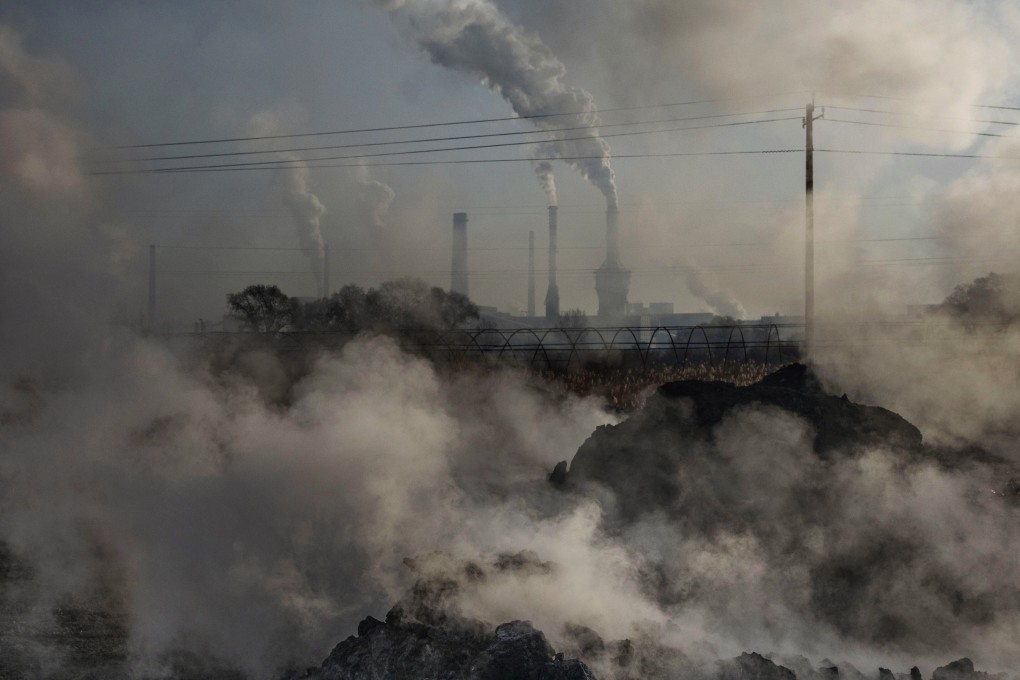China’s path to zero emissions prepared by veteran climate change diplomat’s team
- Scientists spent more than a year modelling how to achieve net zero before President Xi Jinping’s announcement to the UN in September
- Leading them was Xie Zhenhua, who once fiercely defended the right of developing countries to be exempt from emissions targets

Just days earlier, in fact, European leaders – including European Commission President Ursula von der Leyen and German Chancellor Angela Merkel – had pressed him directly during a video conference to follow the EU’s example in setting a climate-neutrality goal. Notes from the call indicate Xi gave no hint he was about to abandon China’s long-established policy against climate restrictions on economic growth.
Inside China, meanwhile, experts who specialise in the intricacies of emissions policy were stunned by Xi’s speech. “Can this goal be achieved?” asked a retired climate negotiator in Beijing on social media platform WeChat. Most stakeholders with a hand in previous climate decisions had been kept out of the loop, according to interviews with more than a dozen industry groups, environmentalists, and government researchers in China.
But the decision to completely reorient a gigantic economy dominated by coal, at the cost of trillions of dollars, did not come from nowhere. The secret drive for China’s 2060 target took shape inside Tsinghua University, where climate scientists had quietly spent more than a year modelling different pathways to reach net zero.
Xie Zhenhua, a former environmental bureaucrat and veteran diplomat, oversaw the work from his threadbare office as head of the college’s Institute of Climate Change and Sustainable Development. Few within China’s strict hierarchy can match Xie’s mastery of government bureaucracy and climate science, making him an influential voice on the issue among the ruling elite.
Xie is modest about his role. “We made policy proposals to relevant leaders and departments,” he said in an interview on Tsinghua’s campus in late October. “It seems our proposals had some impact.”
China and other developing nations had long held that wealthier countries who benefited from earlier industrialisation, heedless of the dangers from burning fossil fuel, should carry most of the economic burden for preventing catastrophic warming.